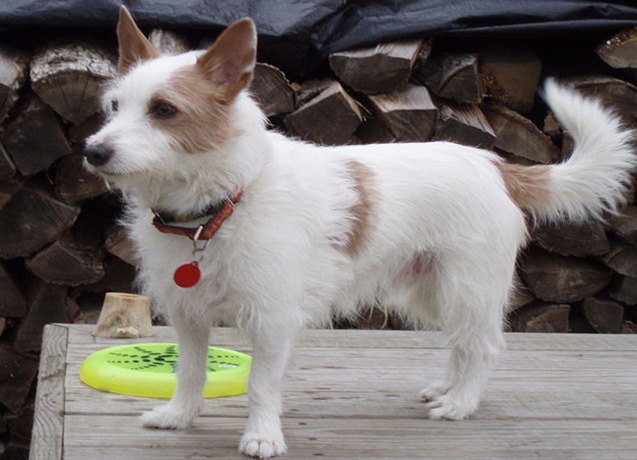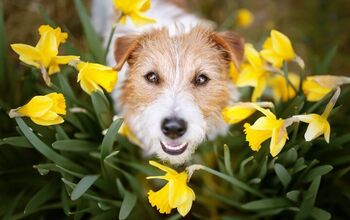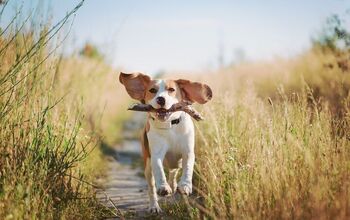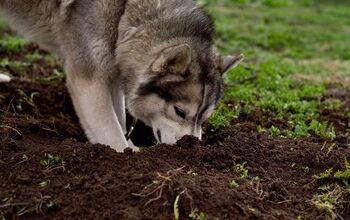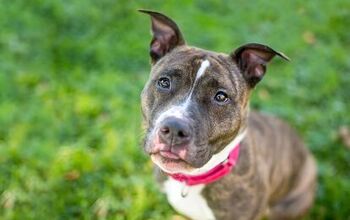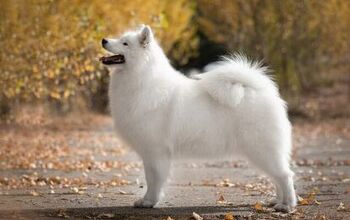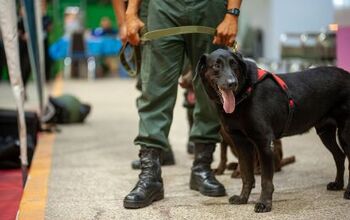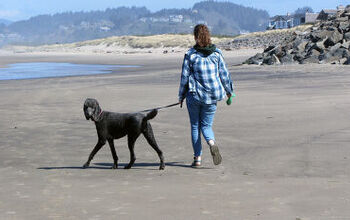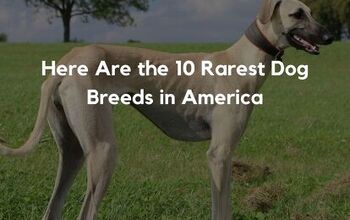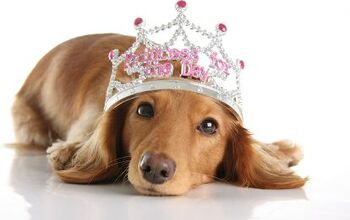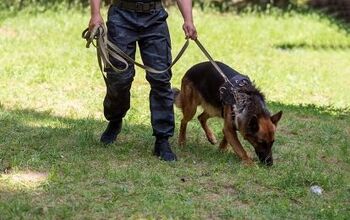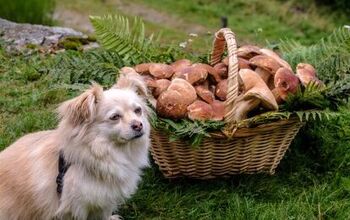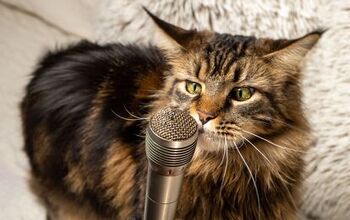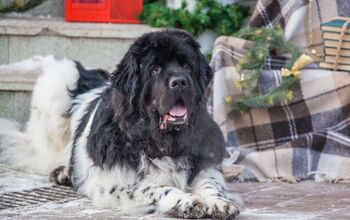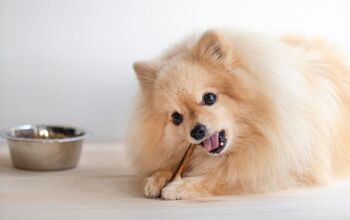531 Views
Portuguese Podengo Pequeno

by
Amy Tokic
(IC: )
Published: April 9th, 2014

About Portuguese Podengo Pequeno
Weight
9-13 lb
Lifespan
12-15 years
Group
AKC Hound
Best Suited For
Families with children, active singles, apartments, houses with backyards, farms and rural areas
Temperament
Lively, friendly, active, intelligent
Comparable Breeds
Andalusian Podenco, Basenji
Height
8-12 inches
Portuguese Podengo Pequeno Basics
The Podengo is thought to be bred from several hounds in order to catch rats on ships.
Podengo Pequeno Pequenos are lively and companionable and make excellent pets for the right dog owner. The ideal Podengo Pequeno owner should be able to display a calm and assertive style of leadership consistently. When placed in the hands of a weak leader, Pequenos can often become stubborn and willful and develop undesirable behaviors.

Amy Tokic
Amy Tokic, Editor of PetGuide.com, is a passionate animal lover and proud pet parent of Oscar, a Shih Tzu/Chihuahua cross, and Zed, a Japanese Chin. Her love of animals began in kindergarten, when she brought her stuffed dog Snoopy into class with her every day. Now, she writes about her adventures in pet ownership and tirelessly researches products, news and health related issues she can share with other animal enthusiasts. In her free time, Amy loves perusing used book and record stores, obsessing over the latest pet products available and chasing squirrels with wild abandon (a habit attributed to spending too much time with her pooches).
More by Amy Tokic
Published April 9th, 2014 12:00 AM



